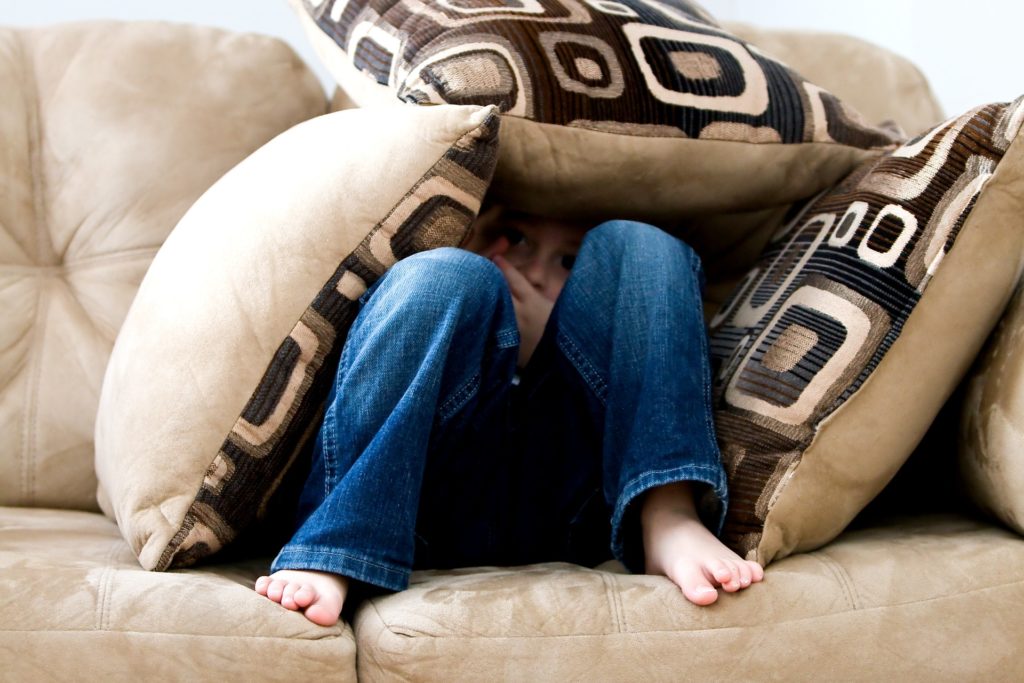Learning To Trust Yourself After Surviving Abuse.

Brigitte
Nobody Wants To Be Victim
Nothing can prepare you for the detachment you will experience with your mind and your heart after going through abuse.
I get nauseous thinking about it now, how I literally couldn’t tell my left foot from my right.
The constant second-guessing, I was no longer confident in my capability to pass any good judgment when it came to others.
I lived in fear because I couldn’t trust myself. After all my abuser(s) left a pretty good dent in me believing that it was my fault that
I received the mistreatment. That I alone deserved to be treated so badly.
And the sad part in that was that I truly believed it.
I thought I was smart enough and that I couldn’t be taken advantage of, but they exploited my blind spots.
So when I finally got away from them and remove myself from the environment.
The real work was erasing the broken record I constantly had repeating in my head, and it needed a new tune.

Photo by Miguel Á. Padriñán from Pexels
How ironic that our family should be a safe haven. Our parents and siblings are supposed to love us, accept us, and care for us. They should protect us and support us. Sometimes, our home is where we find the deepest heartaches.”
Dana Arcuri, Soul Cry: Releasing & Healing the Wounds of Trauma Tweet

Want More Self Care Tips?
Do you remember the saying
” Sticks and Stones can break my bones, but your words won’t hurt me”
That actually is a lie, for those who were growing up with their abuser? Words do matter.
Self-Talk
How you speak to yourself plays a big role in getting back to trusting yourself.
For example, my abuser used to tell me that I was nothing without them.
But, when I actually took the time to think about it logically, I wasn’t the one who needed them.
I had to remind myself about my positive traits, like what I actually liked about myself.
I went from telling myself that I wasn’t deserving of love to “I deserve to accept the love that is healthy and that I am lovable.”
Watch your thoughts
“If you realized how powerful your thoughts are, you would never think a negative thought.” Peace Pilgrim

Photo by Engin Akyurt from Pexels
This one is where it all begins, in the mind.
Who could’ve thought the very thing that tells your body what to do could also become your worst enemy.
As a child your pretty defenseless to the messaging you receive because you have to rely on others in order to survive in the world.
But, as an adult, the work falls on your shoulders.
You must become your own ally, defender, and parent.
So what happens when those who are supposed to protect you are the ones causing the damage?
I grew up thinking I was never good enough which was courtesy of my narcissistic mother and that shaped how I behaved and interacted with others.
The negative thoughts were my compass on how I viewed myself. It shaped my worldview that caused unnecessary suffering and unhappiness.
When I finally decided to seek help, one of the things I had to relearn was how to redirect my thoughts from negative to positive.
This will require some practice on your part, it must be intentional.

For example, instead of focusing on what I didn’t currently have, I would either write or say out loud what I did have.
This will not be easy to do in the beginning, but with time and commitment, you can help yourself in the long-term.
Focus on Those Who Care About You.
One of the things I use to say when I would be venting to myself or someone who I was close to was that “I had nobody”
which is a pretty crappy thing to say to someone who just took the time to listen to you while you are having a meltdown.
Instead of worrying about those who don’t like or respect you.
They will not have a desire to control or belittle you. They will have a healthy outlook on how they view the world and others.
Pay attention and show appreciation to those who are still in the corner rooting for you.
Rewrite Your Definition of Trust
Trusting yourself involves having the confidence and faith that the decisions YOU make on your behalf AND toward others are based on love, respect, and consideration for yourself and the other person.
It is a personal choice to trust yourself, and you have to make that decision on your own.
One thing you need to understand is that there will always be people who belittle your opinions.
As you are aware more than anyone after enduring trauma.
You will always come across people who do not respect your values or the decisions you make.
It is essential that you do not allow such persons to influence your resolve to trust in yourself.
Also, it isn’t your job to explain or convince them of what you know is best for you.
Trusting yourself means that you stand firm in your values and follow through with integrity on your decisions.
It should be your aim to wholeheartedly pursue your goals and aspirations without letting the opinions of others distract you.
You have to be strong enough to block out all the external noise and believe in yourself.
Trust yourself to do and act in a way that is best for you. It’s not selfish to put yourself first.
Conclusion
If you can back up your convictions with strong, decisive actions and consistent improvements based on your values and principles, you will be better for it.
